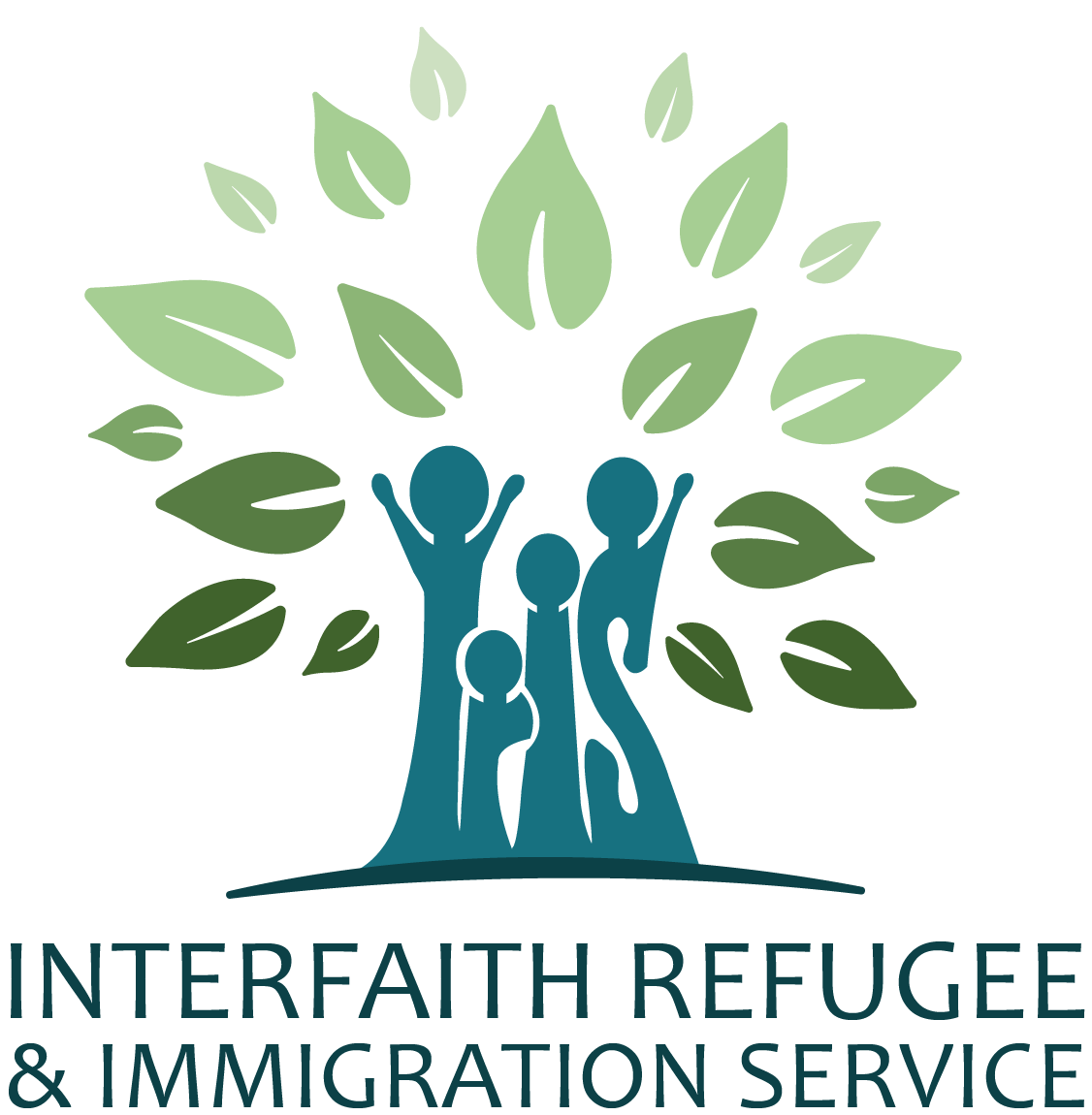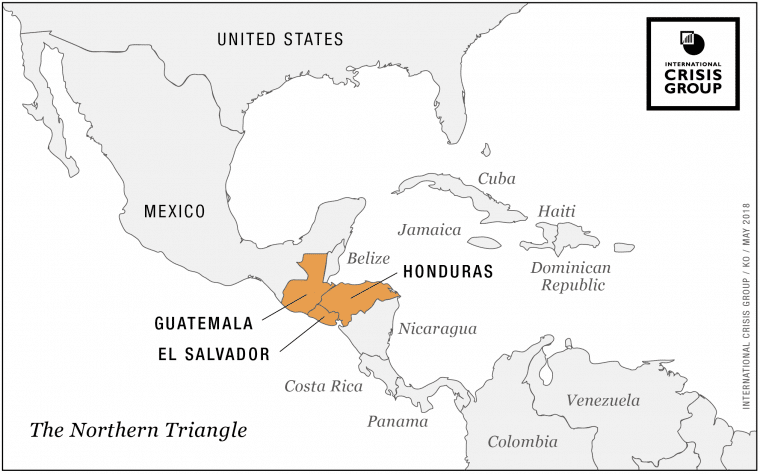"Reuniting Central American Families" with Episcopal Migration Ministries
This article was written and first published by Episcopal Migration Ministries and can be found here.
Families belong together. Yet displaced people, in their search for safety, are often forced to separate from their loved ones. Many organizations serving refugees and other displaced people work to reunite families. To illustrate what this entails and why it matters, we want to highlight the efforts of one of EMM’s affiliates, IRIS-LA, through the Central American Minors (CAM) program.
Interfaith Refugee and Immigration Service (IRIS) was created in 2004 as a program of the Episcopal Diocese of Los Angeles and has worked with over 12,000 newcomers in the greater Los Angeles area (refugees, asylum seekers, and other displaced people). In 2022, long-time Executive Director Meghan Taylor passed the leadership to Troy Elder, an attorney and advocate long involved in work with forced migrants across the Americas.
In the U.S., legal family reunification is possible through multiple pathways. The Central American Minors (CAM) program enables qualifying parents or guardians already in the U.S. to request that their children at risk in El Salvador, Guatemala, or Honduras (the “northern triangle” of Central America) and “derivative family members” be granted legal entry. If families can demonstrate that qualifying minors face persecution, they may enter the U.S. as refugees and receive the support that entails. Alternatively, they may be granted humanitarian parole and more limited support (including the right to work), or entry may be refused. The CAM program’s history reflects the dramatic swings in U.S. immigration policies, as it was created in 2014 under the Obama administration, abruptly terminated in 2017 under Trump, and relaunched in 2021 by President Biden. Given the suffering and violence that make life in the northern triangle untenable for many, the CAM program represents a valuable legal pathway to family reunification.
Like other direct service providers, IRIS staff work with qualified clients in the greater Los Angeles area to prepare and file the many documents needed to establish their relationship and demonstrate the dangers that their children and family face. Outside the U.S., family members must pass pre-screening interviews, DNA tests, and meet with USCIS officials. If qualifying minors are granted refugee status, affiliate staff will then work to prepare for their arrival. If they are admitted as humanitarian parolees, staff may help parents complete required forms and understand the limited support available to them. The entire process is highly complex and virtually impossible to navigate without help from professionals familiar with the program.
What makes IRIS’s involvement in family reunification stand out? In part, it’s a matter of demographics: in greater Los Angeles, there are significant populations from Central America (as well as from Iran, the focus of another family reunification program). Consequently, there is high demand for family reunification from both of those populations. According to Sarah Neiheiser, an EMM program officer specializing in family reunification, IRIS has “a stellar team” working in this area. “They not only submit Affidavits of Relationship at a consistently high rate,” she noted, “but these documents demonstrate a thoroughness that can only be achieved by significant time listening to and fostering trust with clients.” IRIS offers both refugee resettlement and immigration legal services, supporting clients at multiple stages of the immigration process.
In addition, IRIS, as a program of the Episcopal Diocese of Los Angeles, has deep ties to faith-based and social service organizations across the region and beyond. To better understand the conditions driving migration from Central America and the perils faced by vulnerable migrants, in January 2022 a group of Episcopalians from southern California, including Troy Elder, made a pilgrimage across Guatemala and Mexico. One outcome of this mission and of Elder’s leadership since September 2022 is that IRIS and its partners are identifying ways to support potential CAM beneficiaries in their home countries, in order to encourage the use of safer and legal immigration pathways. In these ways, IRIS stands out for its commitment to all parts of the family reunification process.
Why do these efforts matter? First, the work that IRIS and others do through the CAM program helps protect deeply vulnerable people, including children and their caretakers, from the violence and exploitation that are pervasive across Central America. When displaced people enter the U.S. as refugees or humanitarian parolees, they do so with authorization and benefit from organizational support, and government support, if eligible.
Second, the CAM program gives beneficiaries an opportunity to build a new life in safety and dignity. Veronica Velez, a member of the IRIS family reunification team since 2022, has worked with many clients from the northern triangle. As she and her colleagues have observed repeatedly, newcomers who enter the U.S. as refugees or parolees work hard to learn English and new skills, support their family, contribute to their new community and when possible, become U.S. citizens.
Third, programs like CAM enable families not only to be reunited but to heal from the traumas of violence and separation. As Veronica puts it, “Families are meant to be together. CAM tries to right a wrong – the separation of a family – that happened due to violence, poverty or circumstance. It can be a balm for healing.”
Protecting, reuniting, rebuilding, healing loved ones separated by violence, poverty, and exploitation: these are the goals that drive IRIS, its clients, and partners. In all these ways, family reunification is fundamental to our shared commitment to building a longer table where all are welcome.





